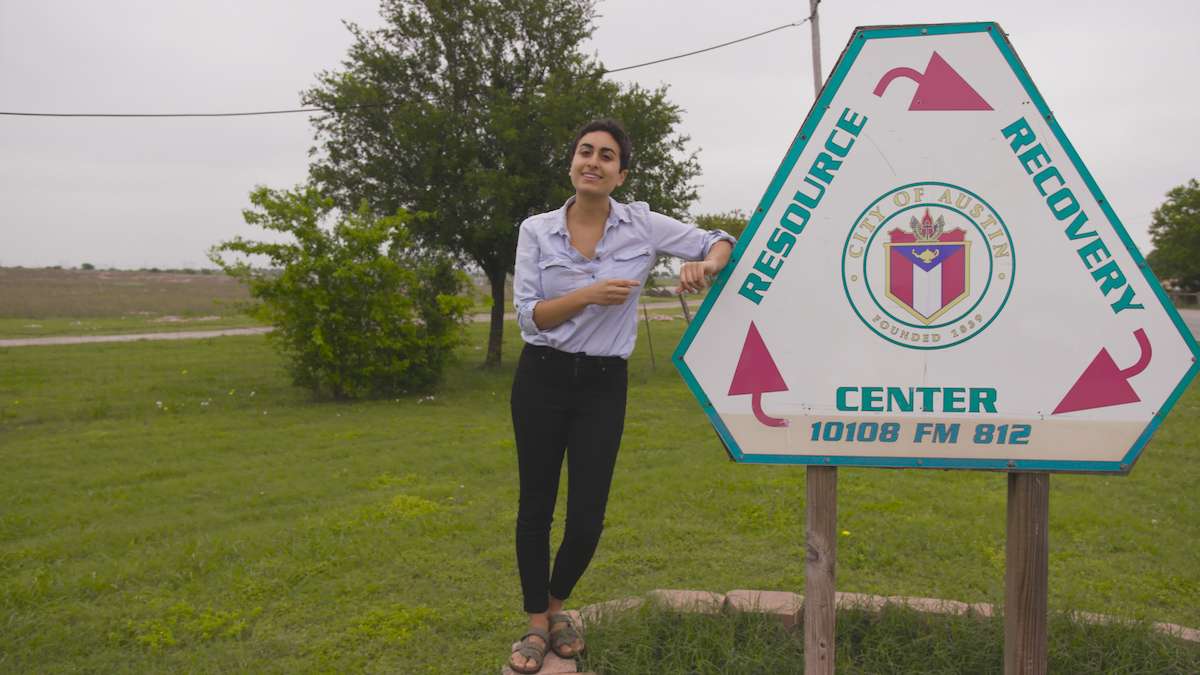America's Incarceration Rate is at a Two-Decade Low
Despite what others may have you think, America's incarceration rate has steadily been declining – and there are less people in prisons, too.

This student's plan to tackle food insecurity may sound unappetizing, but it's actually pretty ingenious.
Joy Youwakim, an economics student at the University of Texas, has proven that we can safely grow produce on top of inactive landfills.
Using a 200-foot patch of land in a closed landfill southeast of Austin, Youwakim worked with her fellow students to grow 20 pounds of various crops, such as radishes, eggplant, bell peppers, cucumbers, and cantaloupe. All of the produce was then tested and declared safe by the Food Safety Net Services.
If Youwakim expanded her efforts to include all 390 acres of the landfill, she would be able to grow enough food for over 8,000 families. There were more than 6,000 inactive landfills in 2012, which roughly amounts to over 2 million acres of unused land. If implemented nationwide, Youwakim's experiment could spell the end for food insecurity.
The economics student says that she first got the idea for her initiative when she saw what an unused landfill actually looked like.
"I was working at the Texas Commission of Environmental Quality one summer and struck up a conversation with an employee working in the landfill division," she told the Good News Network. "When he showed me a picture of a closed landfill, I was so surprised to find that it looked more like a closed golf course than a pile of trash.
"I've always been passionate about food access, so I immediately began thinking about the possibilities of growing food on this space. I learned that landfills are typically located in low income areas, so I saw this as an opportunity to bring fresh produce to individuals living in food deserts as well as a way to sustain farmable land as our population grows and we continue to urbanize."
After that, Youwakim says it took about 13 months of phone calls, proposals, and cutting through red tape to get the necessary food permits to conduct her experiment.
Now, she has been nominated as one of four finalists for the General Mills Feeding Better Futures Scholars Program for a chance to win $50,000 to develop their food relief initiatives.
Kate Stagliano, who is one of the other competition finalists, has been featured on Good News Network in the past for her incredible story about how a massive cabbage inspired her to start an organization that encourages youngsters to grow their own food for the needy.
Whether Youwakim wins or not, she says that she is excited to expand her initiative to other communities, one trash patch at a time.
"Landfills are not an endangered resource they're going to keep being around," she told WS. "When these landfills close, I want to use this space and grow food on top of them instead of abandoning them."
(WATCH the video below)
Plant Some Positivity And Share The Good News With Your Friends
Be the first to comment